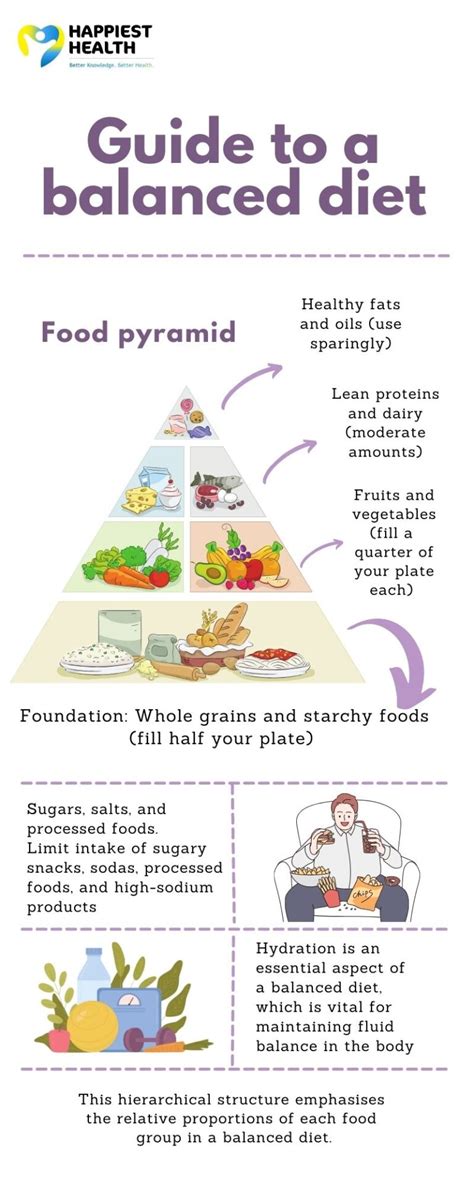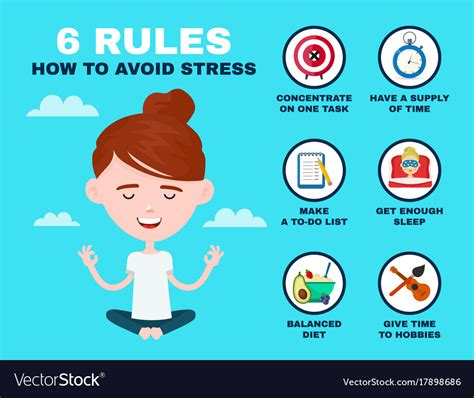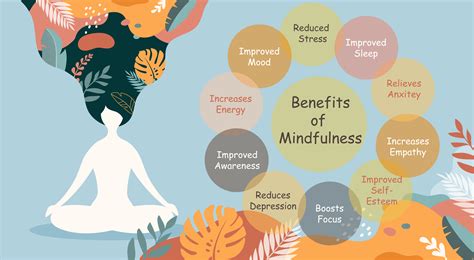What nutritional strategies prevent energy crashes for peak daily performance?

Understanding Energy Crashes and Their Impact
Energy crashes, characterized by sudden dips in focus, productivity, and physical stamina, can derail even the most well-planned day. These slumps are often a direct result of fluctuating blood sugar levels, poor meal timing, or inadequate nutrient intake. Recognizing the link between what we eat and our sustained energy is the first step towards unlocking peak daily performance.
Preventing these crashes isn’t about quick fixes or excessive caffeine; it’s about adopting sustainable nutritional habits that fuel your body and brain consistently. Let’s explore the key strategies to maintain a steady flow of energy from morning to night.

Balanced Macronutrient Intake for Sustained Energy
Complex Carbohydrates: The Foundation of Fuel
Unlike simple sugars that cause rapid spikes and subsequent crashes, complex carbohydrates provide a slow, steady release of glucose into the bloodstream. Foods like whole grains (oats, quinoa, brown rice), legumes, and starchy vegetables are rich in fiber, which further aids in stabilizing blood sugar and promoting satiety. Incorporate these into your main meals to ensure a consistent energy supply.
Lean Proteins: Building Blocks and Satiety
Protein is essential for muscle repair, hormone production, and, crucially, for slowing down the digestion of carbohydrates, leading to a more gradual rise in blood sugar. Include sources such as chicken breast, fish, eggs, tofu, lentils, and Greek yogurt with every meal. This helps to prevent post-meal energy dips and keeps you feeling full longer.
Healthy Fats: Long-Lasting Energy and Brain Function
Healthy fats, found in avocados, nuts, seeds, and olive oil, are vital for hormone production and serve as a concentrated source of long-term energy. They also play a critical role in brain health and nutrient absorption. While calorie-dense, incorporating healthy fats in moderation can significantly contribute to sustained energy and overall well-being.

Strategic Meal Timing and Portion Control
Eating regularly throughout the day, rather than large, infrequent meals, is paramount for preventing energy crashes. Aim for three balanced meals and 1-2 small, nutrient-dense snacks. This approach keeps your metabolism active and ensures a constant supply of glucose to your brain and muscles. Avoiding overly large portions, especially of high-glycemic foods, will also help prevent the dreaded post-meal slump.
Smart Snacking for Energy Bridges
When hunger strikes between meals, reach for snacks that combine protein, fiber, and healthy fats. Examples include an apple with almond butter, a handful of nuts, Greek yogurt with berries, or vegetable sticks with hummus. These choices stabilize blood sugar and bridge the gap until your next main meal without causing a crash.

The Importance of Hydration and Micronutrients
Stay Hydrated: The Often-Overlooked Energy Booster
Dehydration, even mild, can manifest as fatigue, reduced concentration, and headaches, mimicking an energy crash. Make water your primary beverage throughout the day. Aim for at least 8 glasses and more if you’re active. Herbal teas and infused water are also excellent options to stay hydrated without added sugars.
Micronutrients: The Unsung Heroes
While macronutrients provide the fuel, micronutrients (vitamins and minerals) are the catalysts for converting that fuel into usable energy. Deficiencies in B vitamins, iron, magnesium, and vitamin D can significantly impact energy levels. Ensure your diet is rich in a variety of fruits, vegetables, nuts, seeds, and whole grains to cover your micronutrient needs. Consider a high-quality multivitamin if dietary intake is insufficient, but always prioritize whole foods.

Foods to Limit or Avoid
To truly prevent energy crashes, it’s equally important to be mindful of foods that trigger them. Processed foods, sugary drinks, refined grains (white bread, pasta), and excessive amounts of caffeine can lead to rapid blood sugar spikes followed by dramatic drops. While occasional indulgence is fine, making these a regular part of your diet will inevitably sabotage your energy levels.

Conclusion: Fueling Your Day for Sustained Success
Preventing energy crashes and achieving peak daily performance is an attainable goal through conscious nutritional choices. By prioritizing balanced macronutrient intake, strategic meal timing, consistent hydration, and a rich array of micronutrients, you can provide your body and mind with the stable, sustained energy they need. Transitioning away from crash-inducing foods and embracing a holistic approach to eating will not only enhance your productivity and focus but also contribute significantly to your overall health and well-being.









